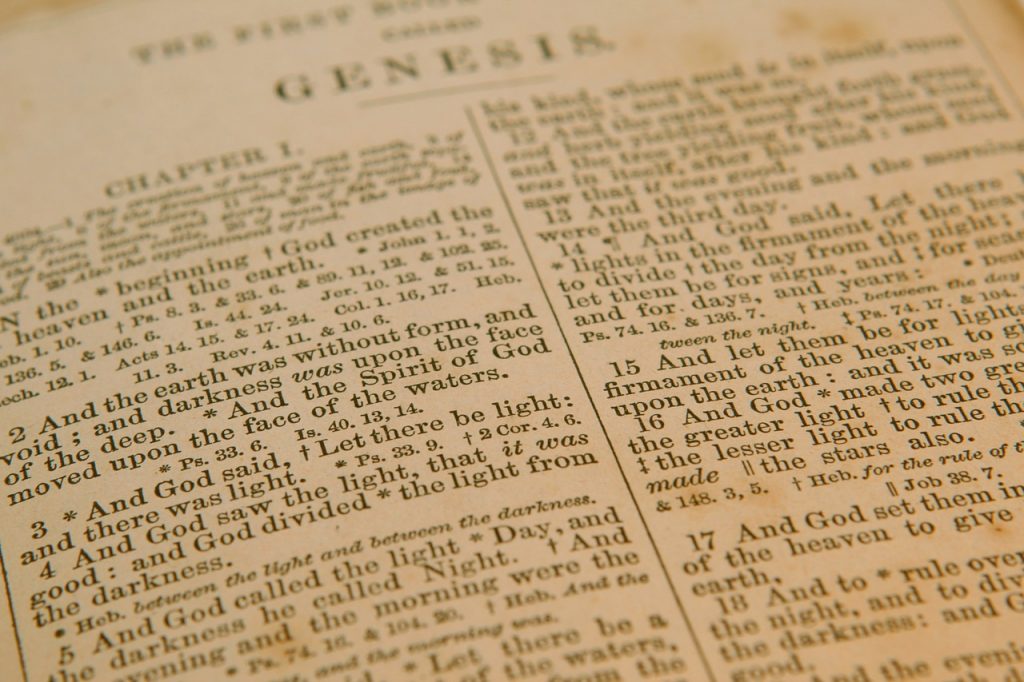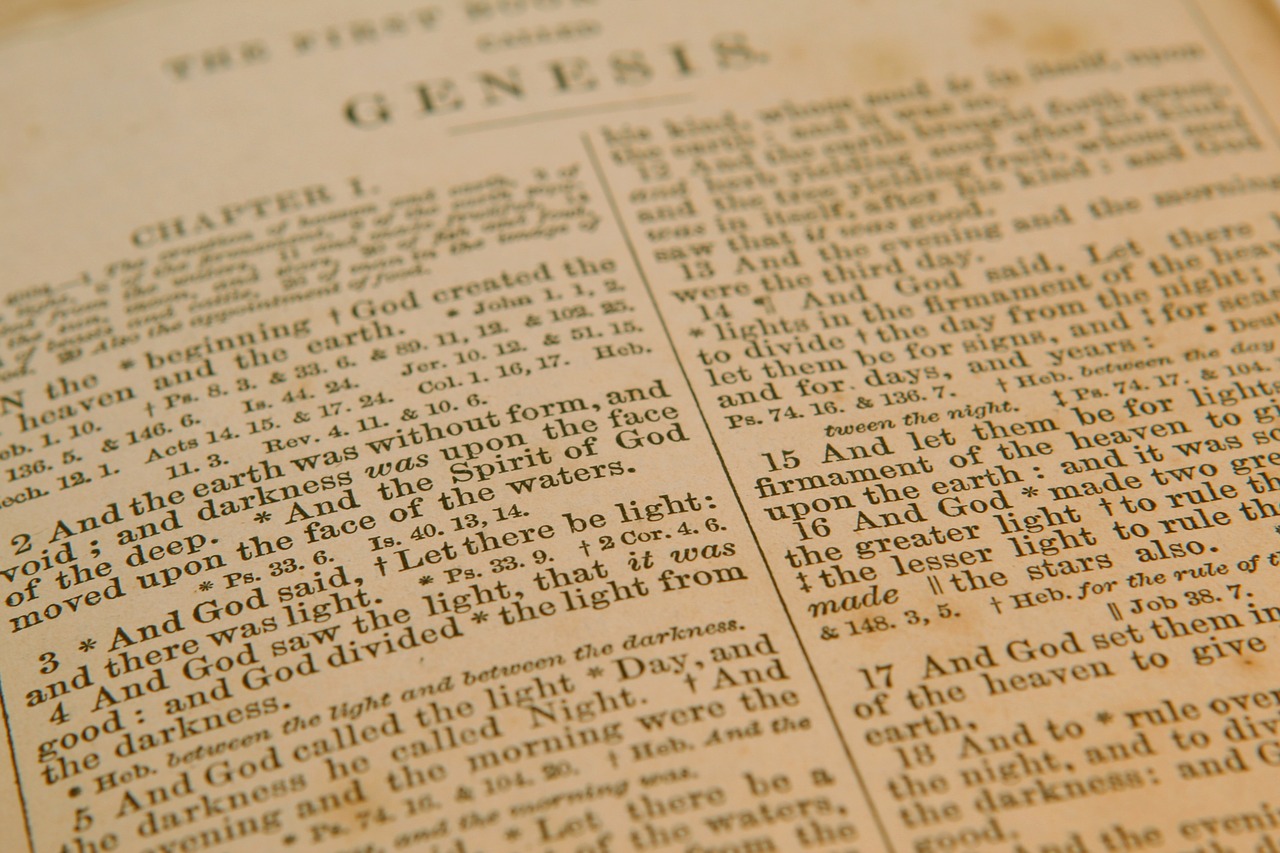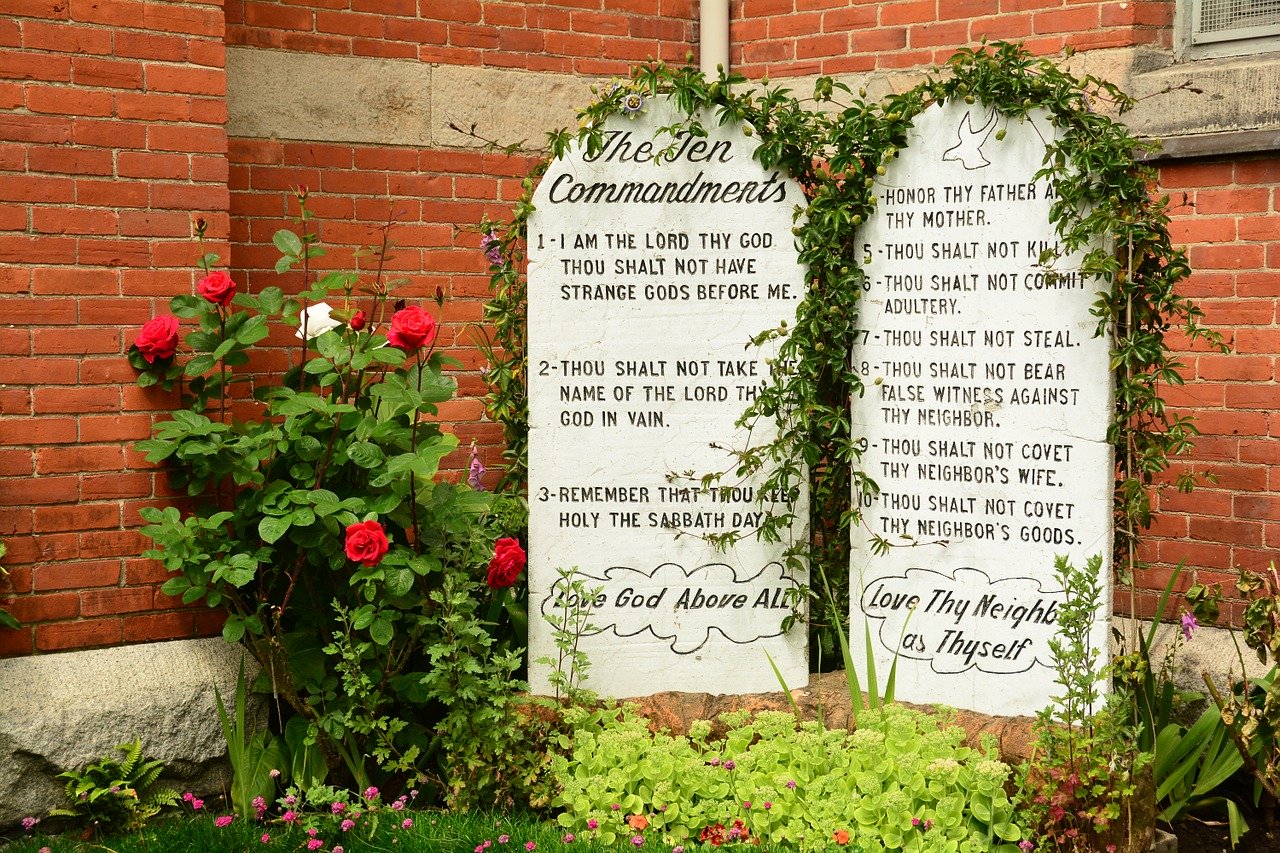Tithing before the law is not an eternal law (Genesis 14:20). Pre-law tithing refers to the practice of tithing before establishing the Law of Moses. The Mosaic Law created an official tithing system. This Law required the ancient Hebrew Israelites to pay 10% of crops and animals to the tribe of Levi.
The tithe “law” was abolished after the death, burial, and resurrection of Jesus the Christ (Colossians 2:13-15). Although there is no specific “tithe” obligation anymore, Scripture encourages generous giving among believers.

Table of Contents
- The Eternal Tithe Law Debunked
- Listen to the Podcast
- The Tithe Law Is Eternal
- Abram and Tithing Before the Law
- Jacob’s Tithe
- FAQs About Tithing Before the Law
- Outsmart the False Teachers
The Eternal Tithe Law Debunked
PRE-LAW TITHING refers to tithing that took place before the Law of Moses. When Jesus fulfilled the Law of Moses, tithing was no longer necessary.
However, pro-tithers disagree.
I look closely at each tithe in this The Tithing Hoax Podcast episode. I explain that these pre-law tithing examples do not prove that the tithe is an eternal law or principle.
Let’s discuss what prosperity preachers don’t want you to discuss.
Listen to the Podcast
The Tithe Law Is Eternal
Pro-tithers argue that tithing is an eternal law or principle…and it didn’t end with the fulfillment of the Law.
They base their argument on the fact that tithing predates the Law.
The Bible cites only two references to tithing before the Law:
Abram and Tithing Before the Law
Genesis 14:20
20 And blessed be the most high God, which hath delivered thine enemies into thy hand. And he gave him tithes of all.
Jacob’s Tithe
Genesis 28:22
22 And this stone, which I have set for a pillar, shall be God’s house: and of all that thou shalt give me I will surely give the tenth unto thee.
FAQs About Tithing Before the Law
Does the Bible Say Tithing Is Mandatory?
The Bible mentions tithing before the Mosaic Law. However, Scripture doesn’t refer to it as a mandatory practice for all believers. An example is found in Genesis 14:20 (KJV), where Abram (later Abraham) gives a tenth of the spoils to Melchizedek: “And blessed be the most high God, which hath delivered thine enemies into thy hand. And he gave him tithes of all.” This act of tithing by Abraham appears to be voluntary and a response to a specific situation rather than a general commandment.
Similarly, in Genesis 28:22, Jacob vows to give a tenth to God, but again, this is a personal vow rather than a universal mandate. These instances suggest that while some patriarchs practiced tithing, it was not prescribed as mandatory for all believers before the law.
How Was Tithe Paid in the Old Testament?
Before the Mosaic Law, ancient Israel practiced tithing in different ways. For instance, in Genesis 14:20 (KJV), Abram (later Abraham) gave Melchizedek a tenth of the spoils of war: “And blessed be the most high God, which hath delivered thine enemies into thy hand. And he gave him tithes of all.”
Additionally, in Genesis 28:22, Jacob vowed to give a tenth to God as a tithe: “And this stone, which I have set for a pillar, shall be God’s house: and of all that thou shalt give me I will surely give the tenth unto thee.” These examples show that tithes represented a portion of personal possessions or gains, but not as a formalized or legislated religious duty.
Later, when the Lord made tithing for ancient Israel, the tithe took the form of crops and livestock. Deuteronomy 14:23: “And thou shalt eat before the Lord thy God, in the place which he shall choose to place his name there, the tithe of thy corn, of thy wine, and of thine oil, and the firstlings of thy herds and of thy flocks; that thou mayest learn to fear the Lord thy God always.” This verse indicates that tithes in the Old Testament were primarily agricultural, consisting of crops, fruits, and livestock.
Where Did Tithing 10 Percent Come From?
Tithing 10 percent originates from the Old Testament before the Mosaic Law. One of the earliest references appears in Genesis 14:20, where Abraham gives a tenth of his spoils to Melchizedek, the king of Salem and priest of the Most High God.
Another reference is in Genesis 28:22, where Jacob vows to give a tenth to God if God will be with him and provide for him. These instances suggest that giving a tenth as a tithe was a recognized way of honoring God, even before the formal institution of the Law of Moses.
Outsmart the False Teachers

Discover the hidden truth about tithes the prosperity preachers don’t want you to know.👉👉 Click here.








